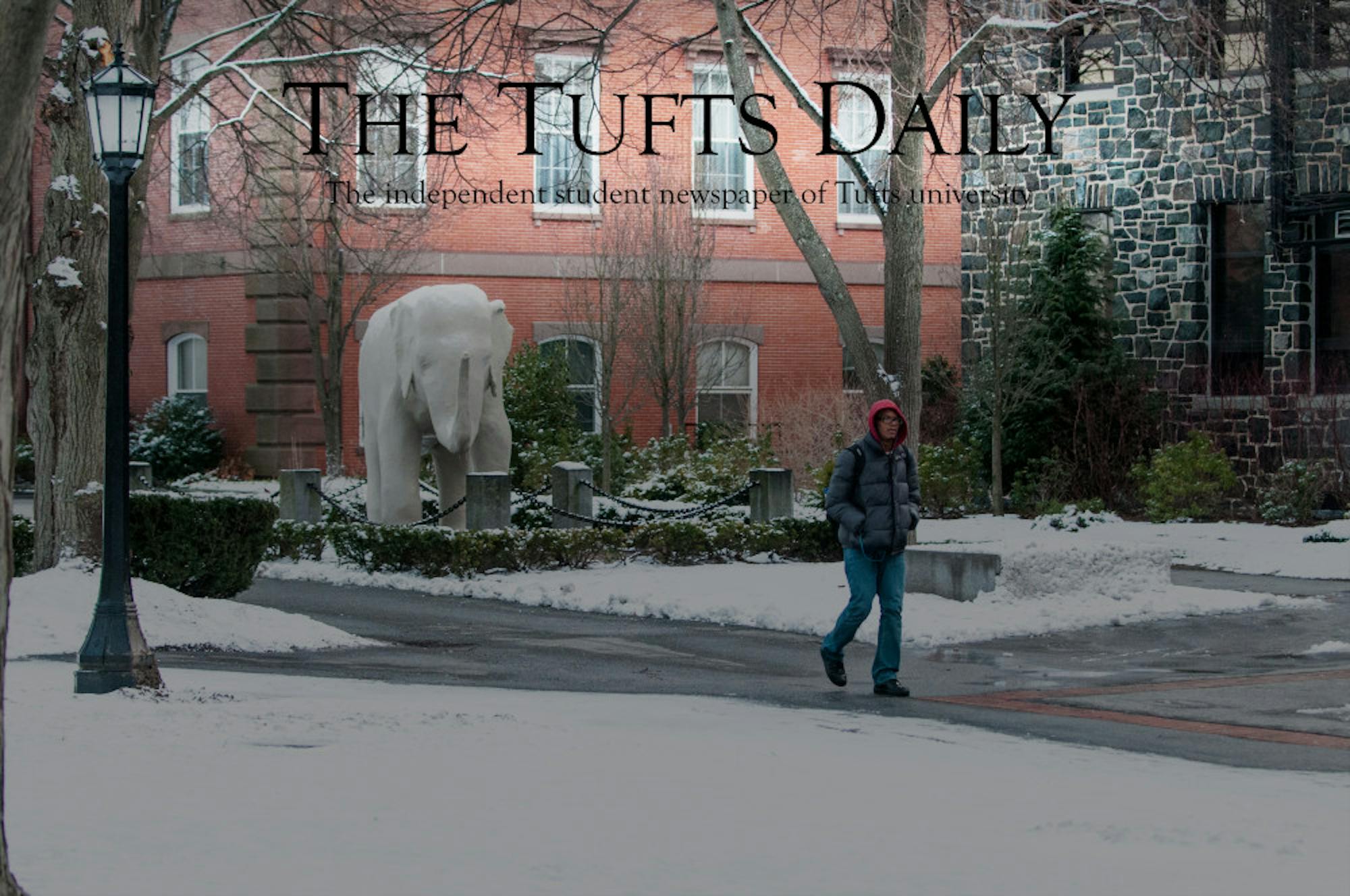The Builders Association, a New York theater production company, does exactly what its name implies at the beginning of its production of "House/Divided": it builds a house. For each performance, the group constructs an actual house that was once foreclosed on and torn down. Over an 80-minute performance, the Builders Association then proceeds to rearrange, remodel, deconstruct, reconstruct and ultimately obliterate the house it builds so hastily.
Inspired by John Steinbeck's "The Grapes of Wrath" (1939), "House/Divided" is equal parts a retelling and a modernization of this seminal work. Vignettes from the book introduce scenes that take place during the mid-20th century, and while it appears as though these moments - which look, sound and feel like old film - are meant to segue into contemporary scenes depicting the modern-day mortgage and housing crises, the connection between the two often seems disjointed and a little forced.
Part of the problem is that there is very little actual plot in "House/Divided," especially in the modern scenes. Unlike "The Grapes of Wrath" - Steinbeck's novel about a displaced family on a journey to the west and their struggles to find a home - the contemporary thread seems less intent examining the human impact of losing a home, and instead would rather point its finger at banks. The undeveloped Wall Street characters are the most glaring example of this. Indeed, to viewers these figures - who compromise their integrity through shady interactions - will seem particularly hollow.
Documentary footage of interviews with people involved in the literal cleanup of the housing crisis provides an alternative perspective on the financial disaster, but, unfortunately, this footage serves no larger function. Mostly, it just feels preachy.
Despite its literary shortcomings, "House/Divided" is a technical masterpiece. Hardly any aspect of the theater experience was left unexamined in The Builders Association's production. Discordant country tunes waft in the background of Steinbeck's scenes creating an eerie, metallic aura as a robotic female voice narrates passages from the book. Even the acting seems to belong in a sepia-colored tone. In contrast, the modern scenes are paired with a constant, driving bass track adding a sense of urgency and speed to these moments, reminiscent of a trading floor atmosphere. Though the music definitely helps set the pace of the show, after a while this aural assault can be distracting.
The essence of the production lies in its dynamic set. Constructed from the bones of an actual house and the images of a projector screen, it is the primary medium through which "House/Divided" delivers its message. Sections and pieces of the house are pulled apart and rearranged until, at the end of the performance, they hardly resemble a house at all, mirroring the show's simultaneous dismantling of the conception of the home. As the play develops, it becomes apparent that the problems Steinbeck wrote about in "The Grapes of Wrath" are not all that different from those cited in "House/Divided" - namely, that greed displaces people from their homes. The projections are particularly poignant and contribute to the wow factor of the set.
All in all, "House/Divided" is an extremely unconventional show - aptly demonstrated by its unique manipulation of light and sound, as well as its choice of acting style. One of its more striking oddities, however, was that the show specifically requested that the members of the audience use their phones during one part of the play. The idea is that, as three actors recreate Alan Greenspan's testimony before Congress, the members of the audience pull out their smartphones and launch an augmented reality app with features specific to "House/Divided." While this was certainly different, the audience seemed reluctant to play along. It ultimately felt gimmicky after the initial 10 seconds of "oohs" and "ahhs" subsided. Unfortunately, that is how much of "House/Divided" feels. As a showcase of technical prowess and innovation it is incredibly impressive, but as a story and historical analysis it is disjointed and incomplete.






